Swiss affected by Pfizer-BioNTech vaccine delay
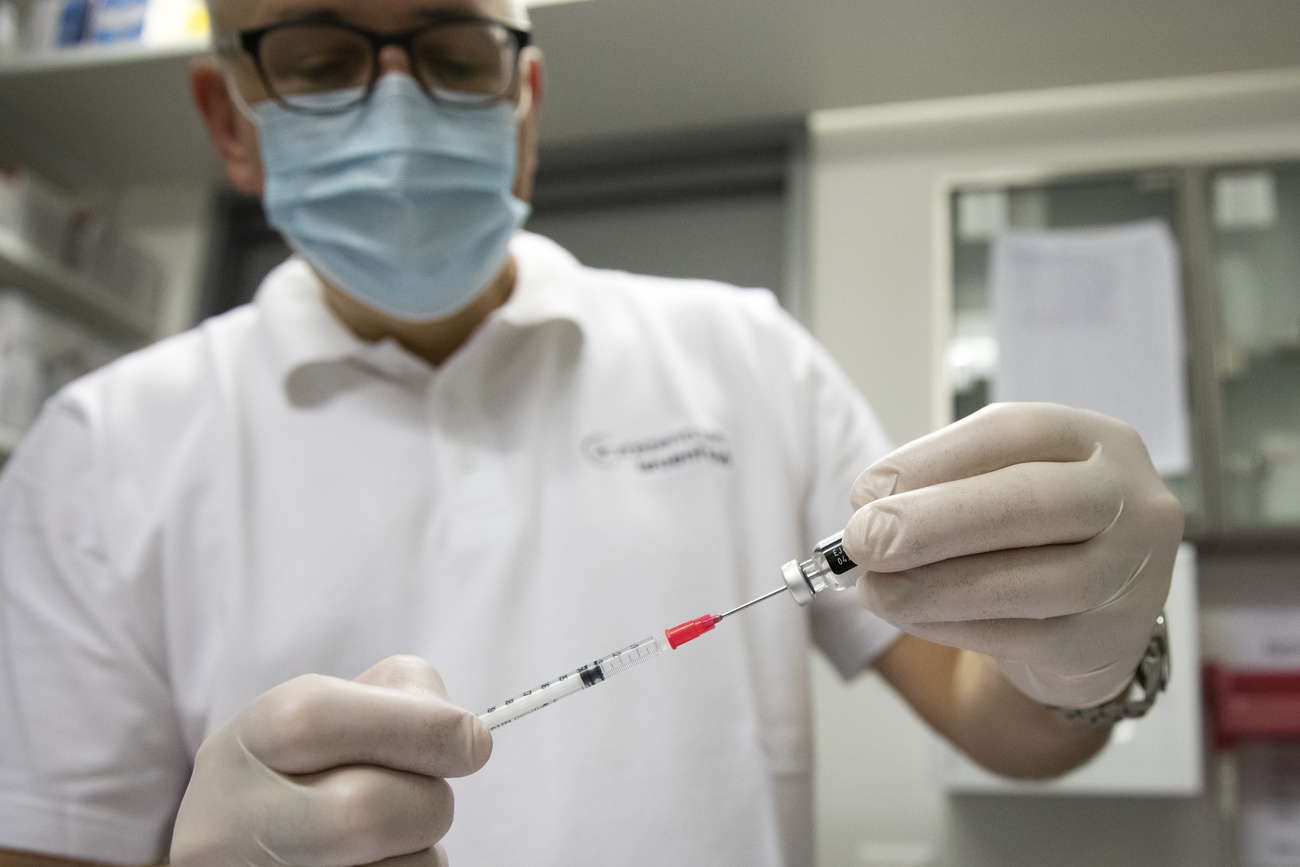
Switzerland will be affected by the temporary delay to the Pfizer-BioNTech Covid-19 vaccine in Europe, the Swiss health authorities have confirmed.
According to the Federal Office of Public Health (FOPH), the delivery expected for this Monday will be smaller, but that the second dose for those who have already received the jab is not at risk.
“We don’t expect this. Firstly, because we are still getting deliveries and secondly, because we are following this closely and could as a result slightly delay first vaccinations. But we have not used up all the doses yet,” said FOPH vice director Nora Kronig in an interview with Swiss public television SRFExternal link on Saturday evening.
Pfizer confirmed on FridayExternal link that shipments to Europe were being affected by changes to its manufacturing processes designed to boost production.
As a result, there would be “a temporary reduction in the number of doses delivered in the upcoming week. We will be back to the original schedule of deliveries to the European Union beginning the week of January 25, with increased delivery beginning week of February 15.” The company said it would deliver the fully committed quantity of vaccine doses in the first quarter and significantly more in the second quarter.
Several European countries have already expressed their concern at the delay, especially for giving the second dose of the vaccine. The Pfizer-BioNTech vaccine needs to be administered twice with a three-week wait between jabs.
Pfizer/BioNTech’s vaccine was cleared for use in Switzerland on December 20.
Strategy: ‘the right one’
Kronig said that she was concerned about the delay in Belgium given the current tense situation over the coronavirus.
Switzerland will go into a semi lockdown on Monday to try and avoid a third wave brought on by faster-spreading variants of the coronavirus.
Kronig told SRF that is was all the more important that a second vaccine had been approved in Switzerland and that the country was following a diversified strategy involving several vaccines. Last Tuesday, the health regulator Swissmedic gave the green light for the ‘immediate’ use of the vaccine produced by US company Moderna.
According to the tabloid SonntagsBlickExternal link, Moderna will deliver 7.5 million doses of Covid-19 vaccine to Switzerland in batches in the months ahead. This will put the country among the world leaders in inoculating its population, the head of Moderna’s European business, Dan Staner, said in an interview with the newspaper.
In total, Switzerland has ordered 15.8 million vaccine shots for its population of 8.6 million: 3 million from Pfizer/BioNTech, 7.5 million from Moderna and 5.3 million from Oxford/AstraZeneca.
The Oxford/AstraZeneca vaccine is awaiting regulatory approval, although the NZZ newspaper reported on SaturdayExternal link this could happen as early as this month, citing unnamed sources.
Cantons: speed is of the essence
More than 60,000 people in Switzerland have been vaccinated against Covid-19 since late December. The plan is to vaccinate six million people by summer. Kronig said she did not expect this plan to be put at risk by developments.
During an online meeting on Saturday, Swiss Health Minister Alain Berset and the cantons – who are in charge of health matters in Switzerland and are responsible for carrying out the vaccinations – have agreed that the “pace” of the jabs needed to be faster, news agencies reported.
According to the NZZ am SonntagExternal link, cantons that are too slow could receive fewer shots as a result, citing several sources close to the government. Those who are faster would receive more.
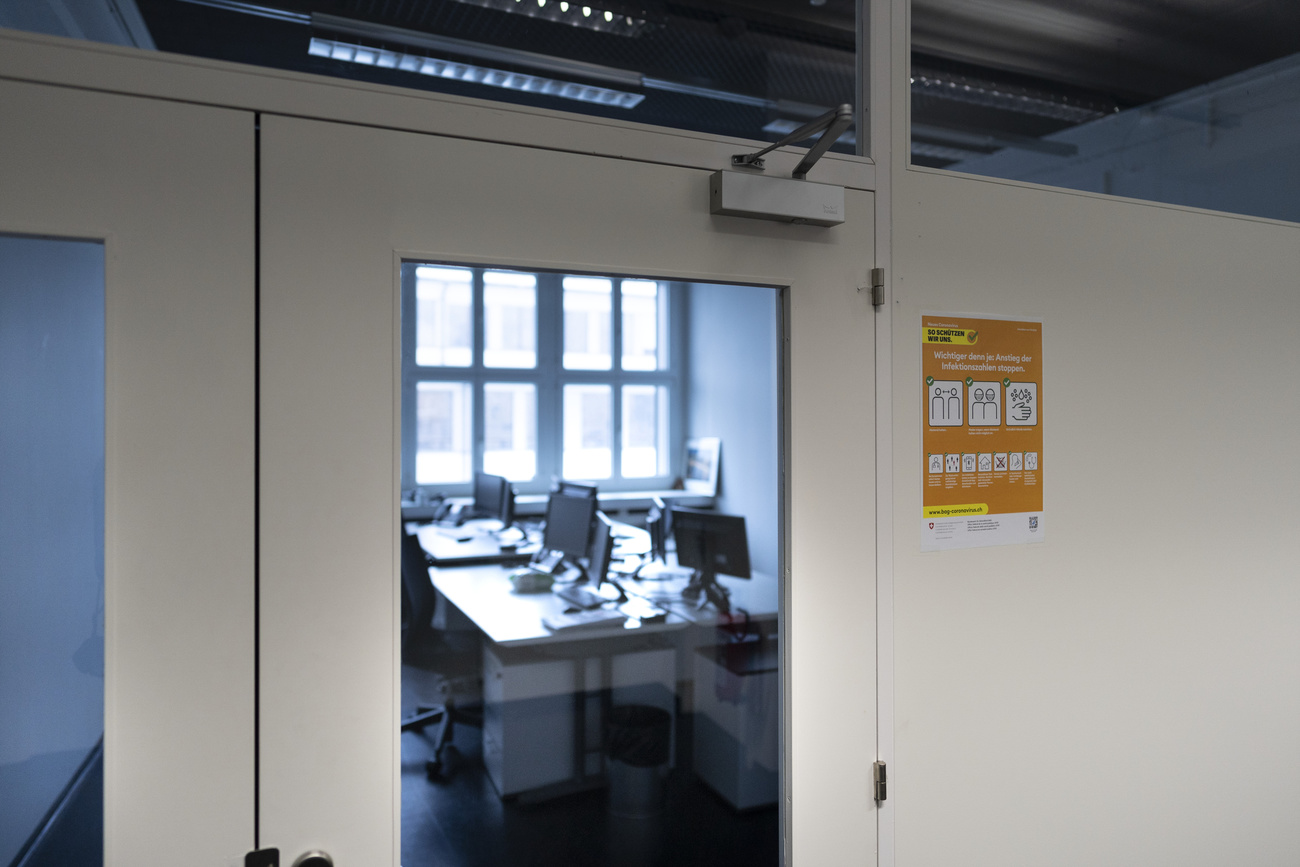
More
Poll: Swiss counting on vaccines to lift them out of the pandemic

In compliance with the JTI standards
More: SWI swissinfo.ch certified by the Journalism Trust Initiative








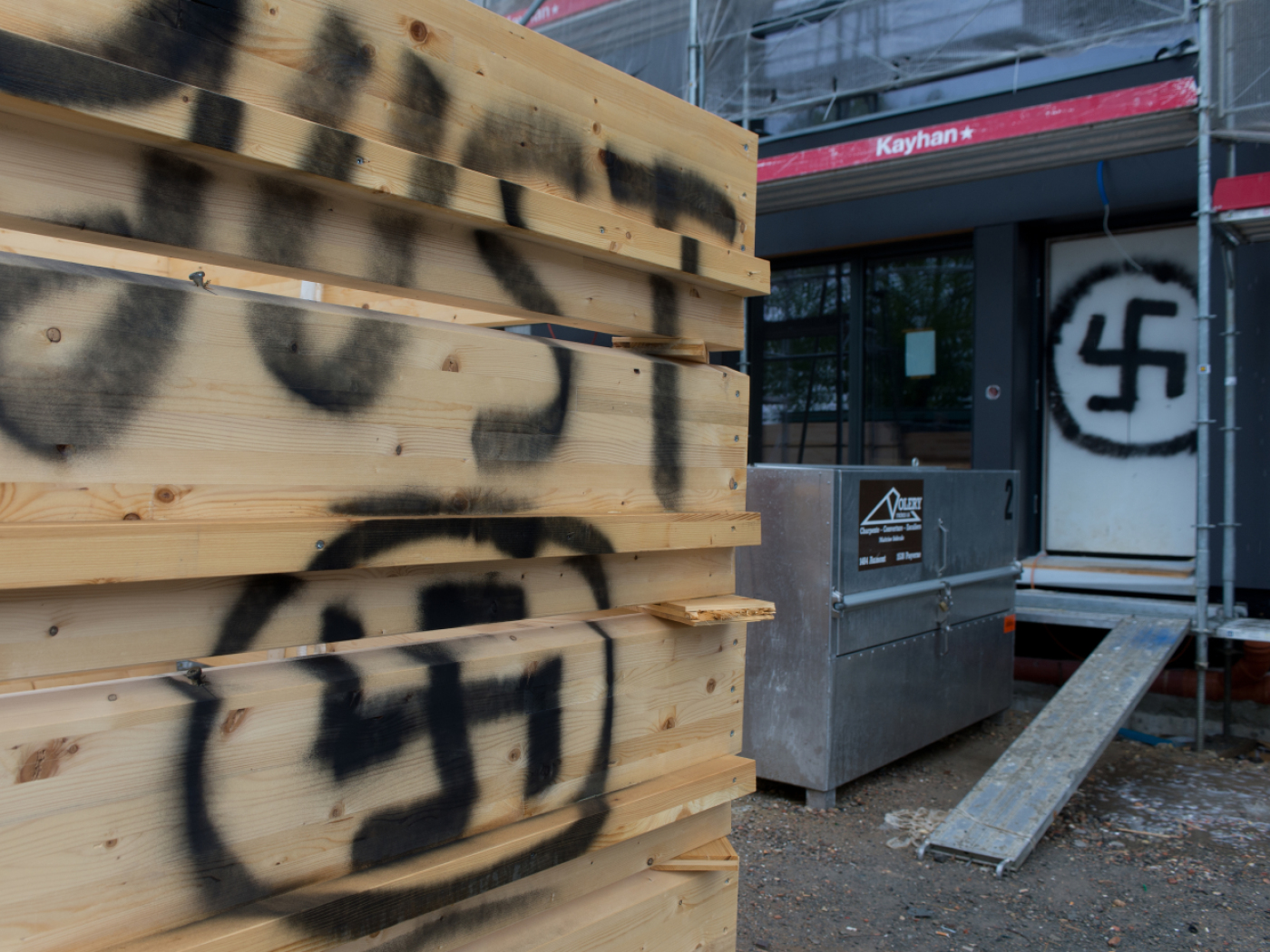
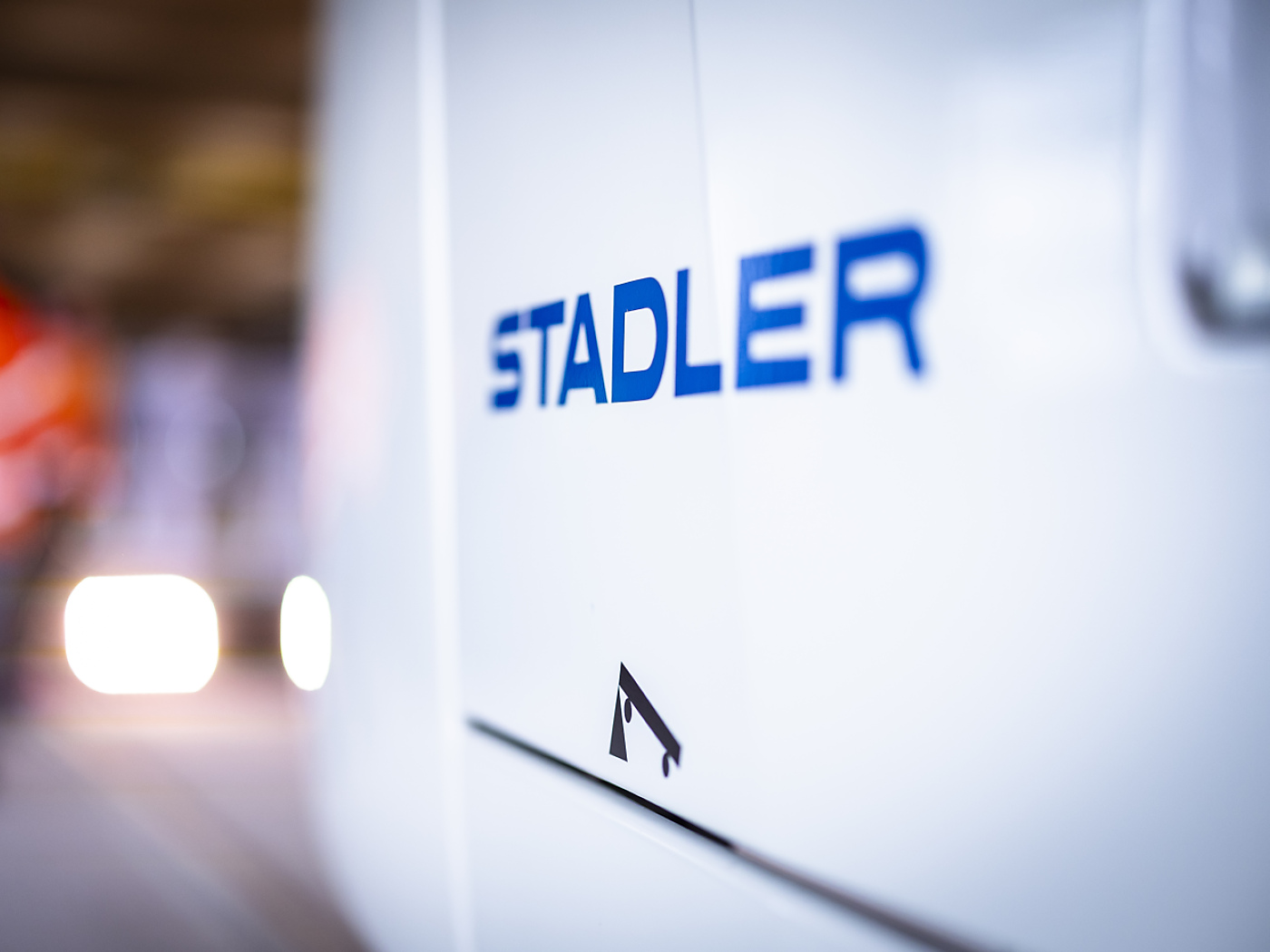
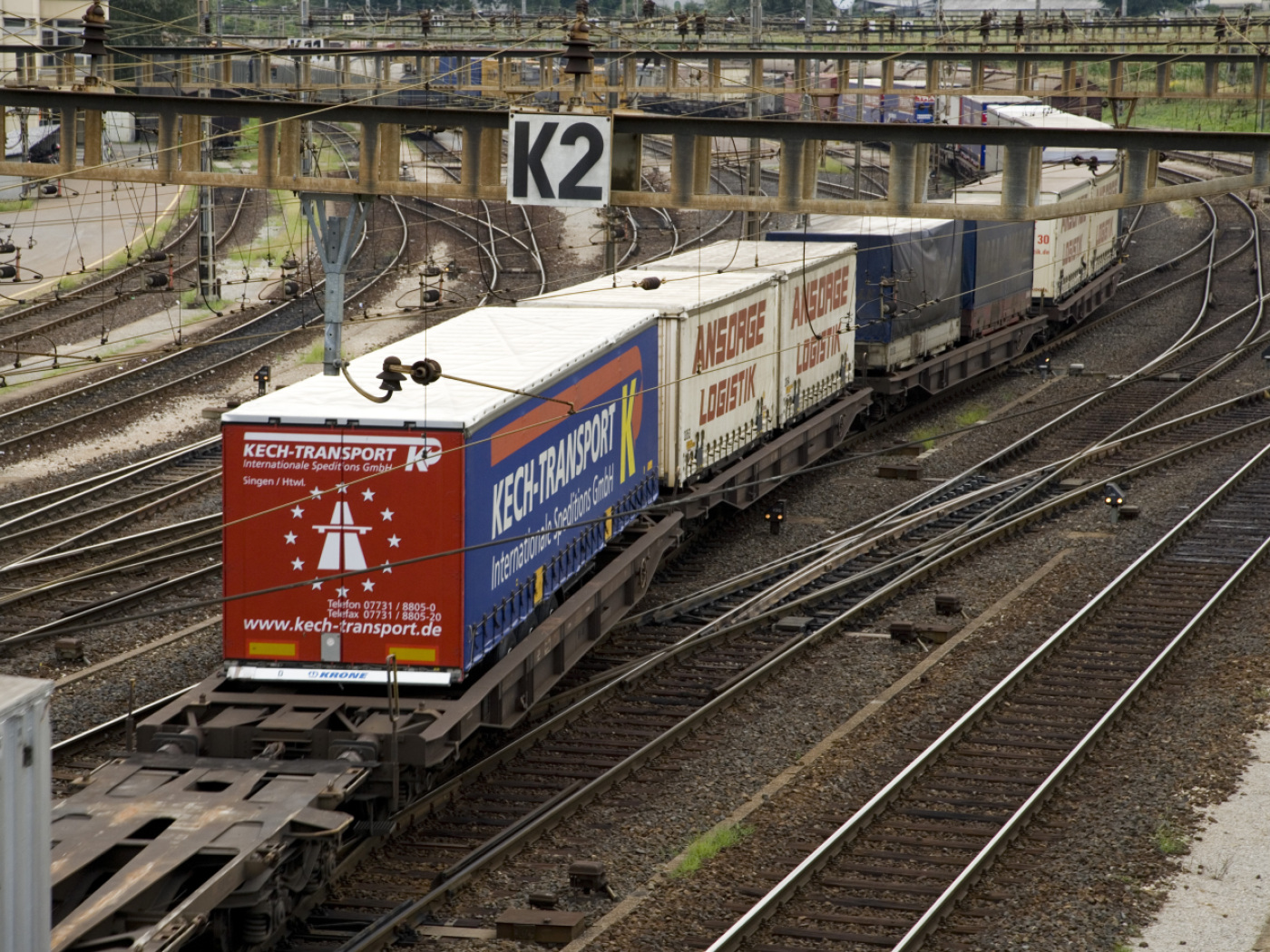

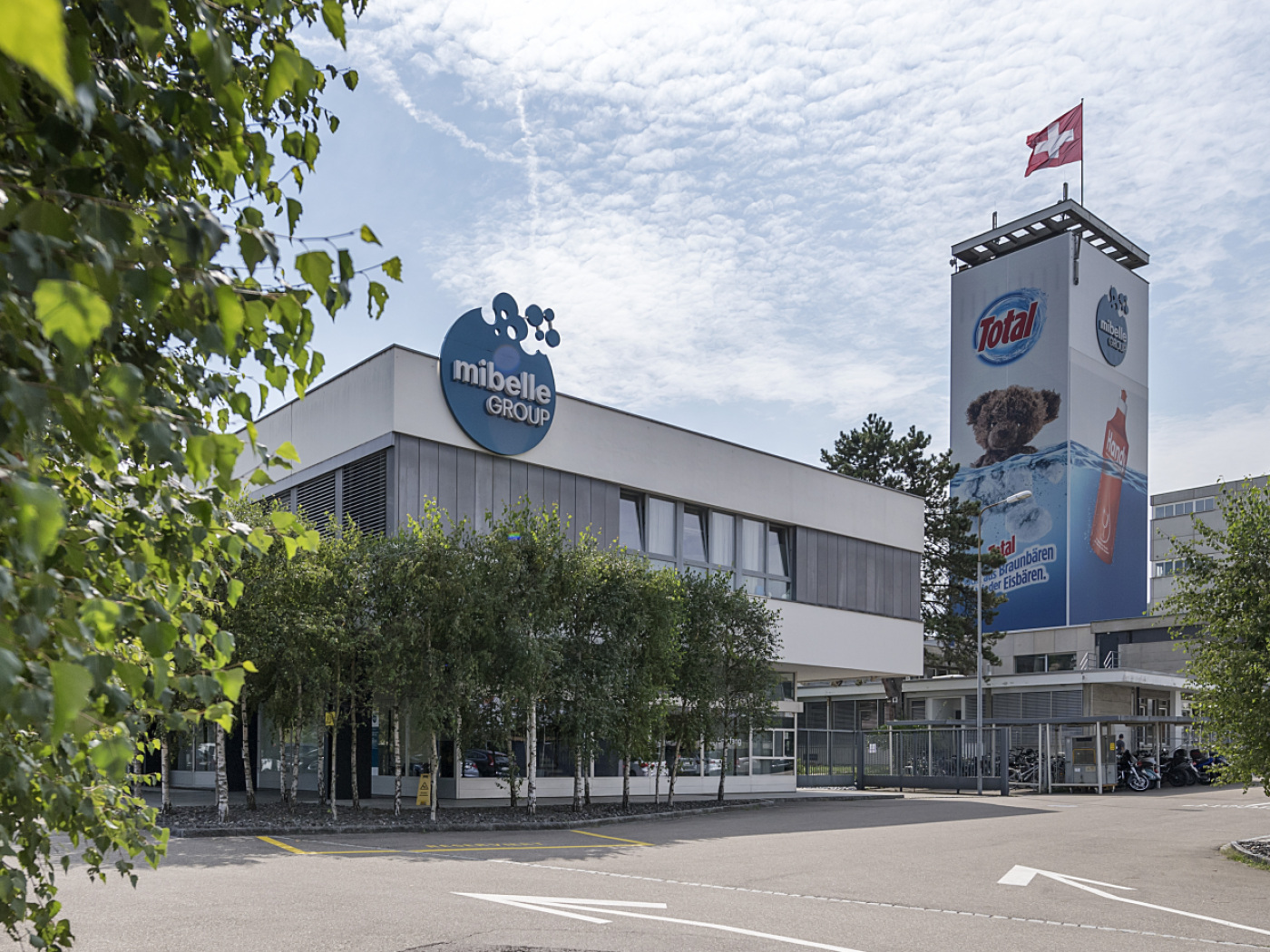
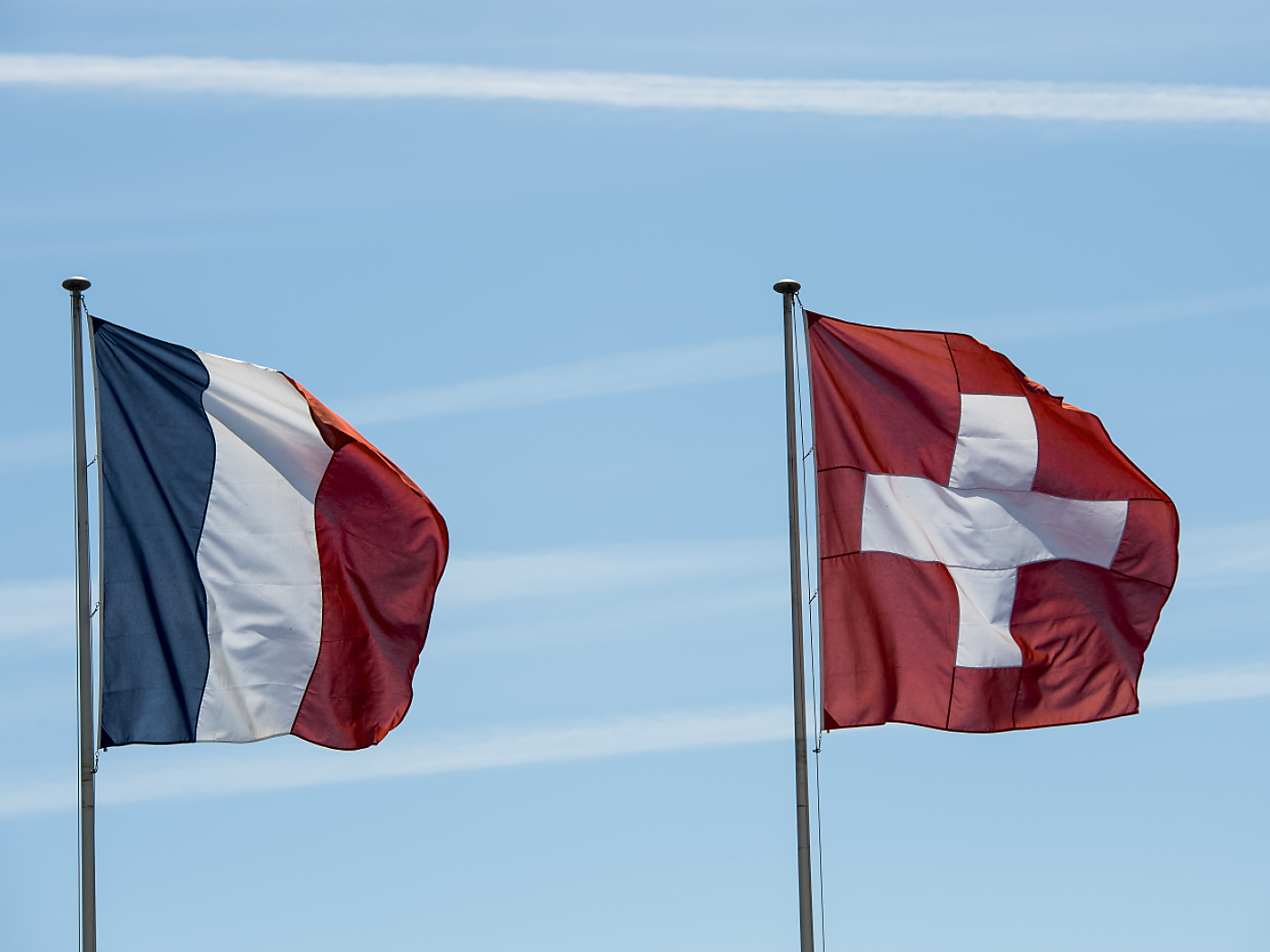






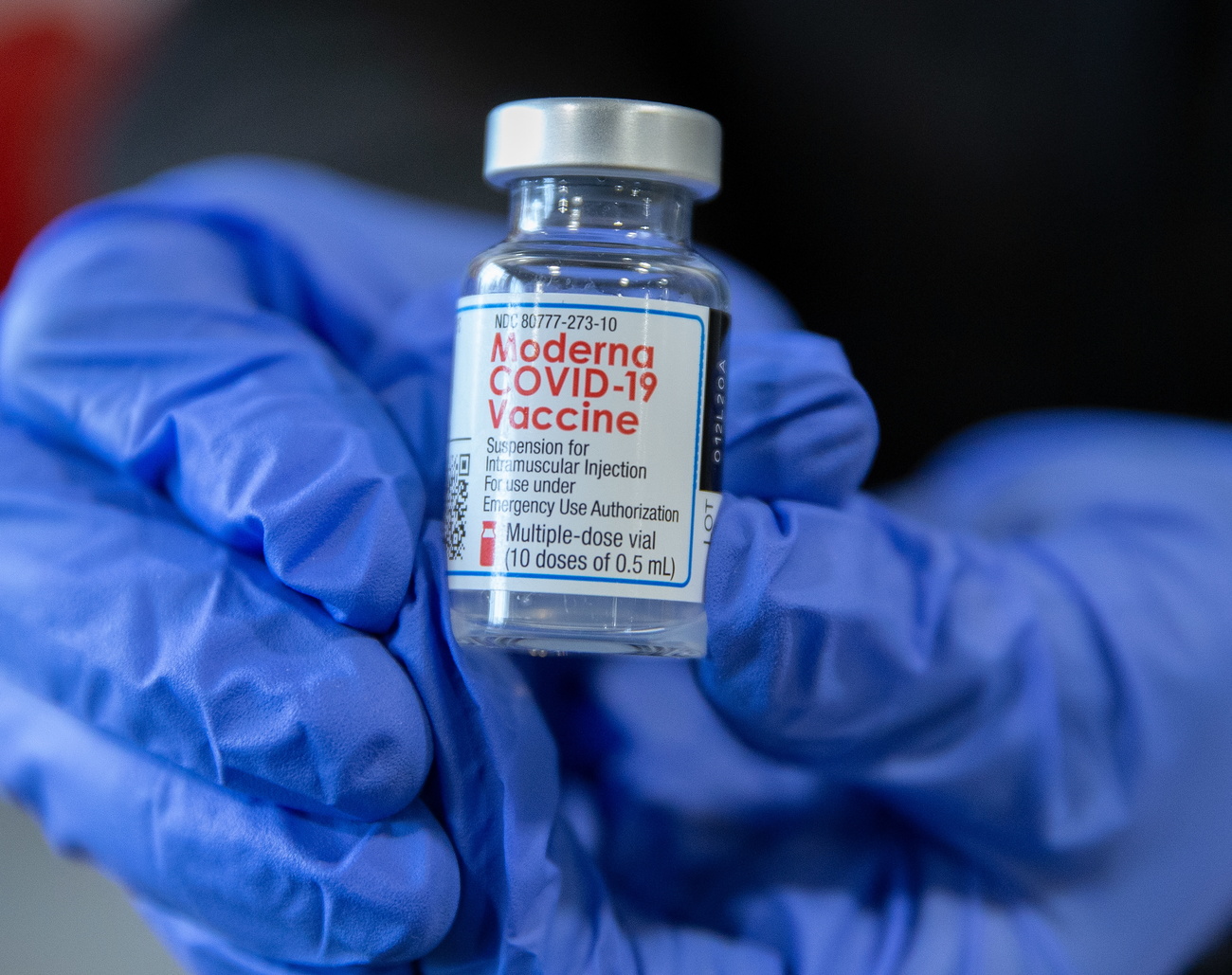
You can find an overview of ongoing debates with our journalists here . Please join us!
If you want to start a conversation about a topic raised in this article or want to report factual errors, email us at english@swissinfo.ch.